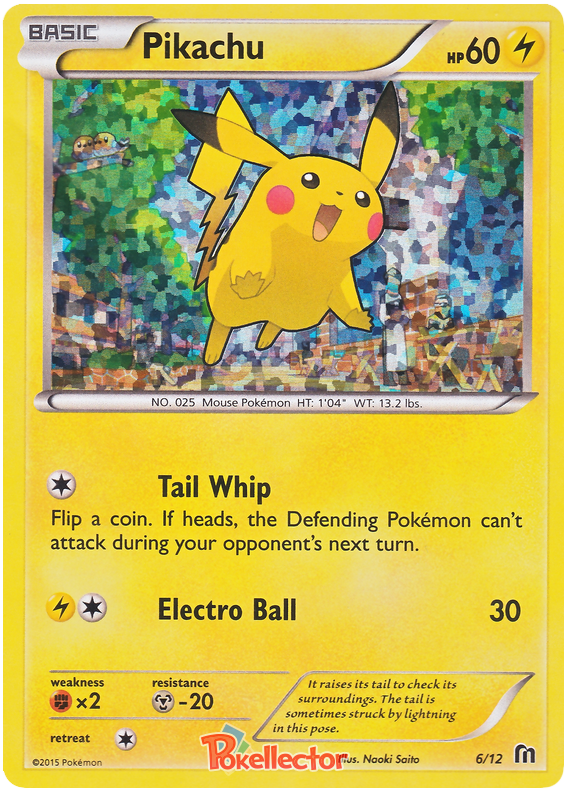
Often, fake Pokemon cards printed for proxy are used in game play, rather than being sold. However, proxy cards are generally printed for the purpose of completing a deck with a cheap substitute. Technically, proxy cards are still fakes, and therefore counterfeit. That means you’re less likely to be pursued for copyright infringement.įree Use laws create a gray area where copies for personal use can be considered borderline acceptable.


The only difference is that you aren’t making a profit, or infringing too much on the profits of the company who owns the rights to the Pokemon franchise. Technically, it’s still illegally counterfeiting. What If I’m Only Making the Cards for Personal Use? Unlike selling, where you might be able to claim you were scammed and were acting in good faith, making counterfeit is a deliberate action. Getting caught could see you fined, or even serving jail time if you’ve been a prolific seller. Making a fake Pokemon card is straight up counterfeiting, which is definitely illegal.

Most traders and dealers recommend simply throwing away a fake if you discover you have one and you don’t want to use it in a deck you play. It can get you in a lot of trouble if you get caught. In essence, selling fake Pokemon cards is like pirating DVDs. It’s illegal to market items copyrighted by someone else, unless you have special permission from the person who filed the copyright. Marketing fake cards AS fake does not make it legal to sell fake Pokemon cards. The copyright laws make selling any known fake Pokemon card an act of distributing counterfeited material which, technically, is a federal offense. Knowingly selling fake Pokemon cards is considered a crime, especially if you charge collector prices.

Click here to check out the current market prices of these booster boxes and you may be surprised at just how lucrative it is to hold onto booster boxes and sell them at a later date. Selling with intent to make money might just get you in trouble with the authorities.ĭid you know Pokemon booster boxes usually sell for more than the suggested retail? This is mostly caused by supply and demand. They have no monetary value at all, and they can cost you dearly if someone reports you buying or selling them.īecause they’re protected by a copyright, printing fake card – even for personal use – is considered counterfeiting. In terms of collector’s value, fake Pokemon cards aren’t worth the paper and ink used to make them.


 0 kommentar(er)
0 kommentar(er)
